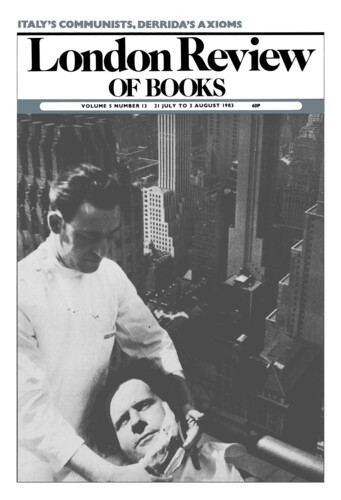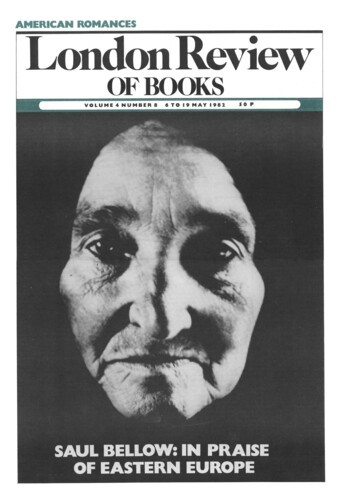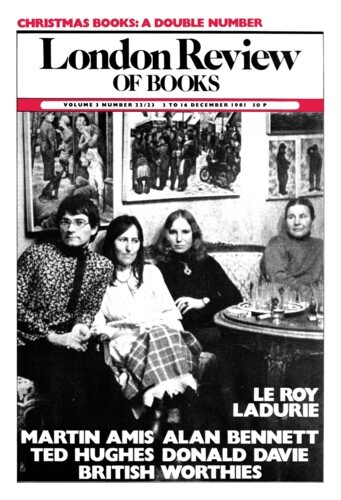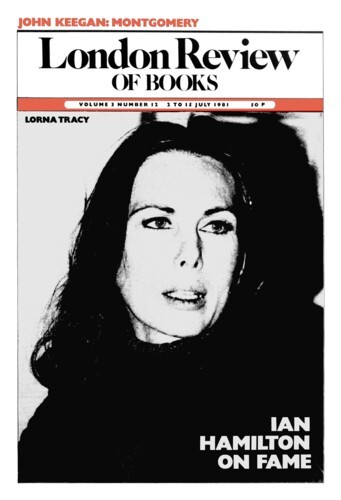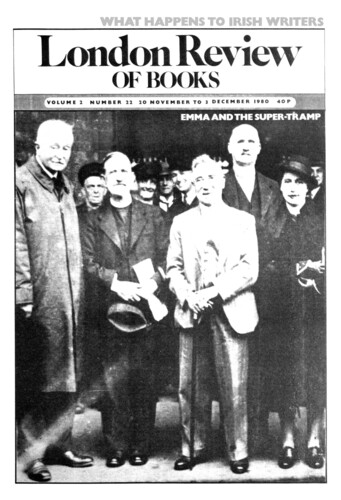A century ago Joseph Chamberlain was the Tony Benn of his time, the bogeyman of moderate and conservative opinion. The point is familiar to historians of the period, but never easy to convey. Why, after all, should the upper classes have been scared of a Liberal? Were the Liberals not a party of property and wealth? Indeed they were, and from the gallery of the House of Commons one could observe a multitude of well-fed, broad-bottomed types on the Liberal benches. But seen through the eyes of a true Tory, bred to the Church and the Land, these gentlemen appeared to be a pretty suspect crowd. Welshmen, Scots, Dissenters, tradesmen – there was something wrong with all of them. Many were in league with Irish agitators and the whole party was nothing but a confederacy directed against the traditional ruling class. Their leader, Mr Gladstone, was a dangerous old man and a firebrand at heart, and after him worse would surely follow. On the left of the Party, where the real crackpots and doctrinaires gathered, stood the lean, arrogant and transparently ambitious figure of Joseph Chamberlain.
A century ago Joseph Chamberlain was the Tony Benn of his time, the bogeyman of moderate and conservative opinion. The point is familiar to historians of the period, but never easy to convey....
